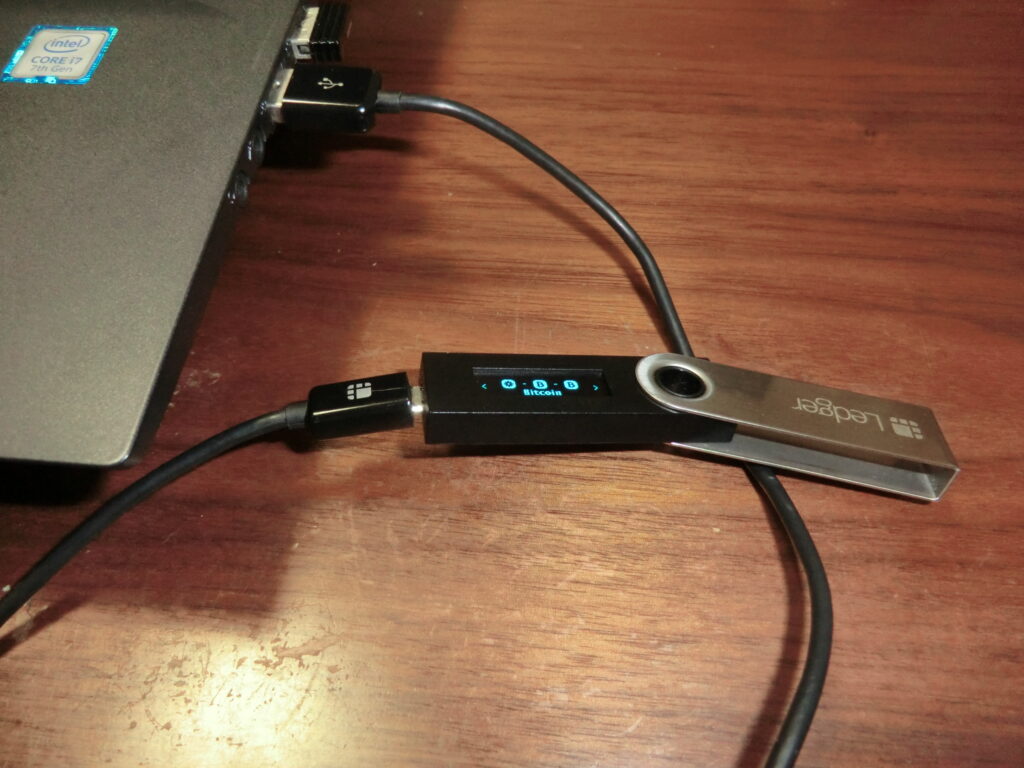Cryptocurrency wallets are digital tools that allow users to securely store, send, and receive digital assets. These wallets are essential for any cryptocurrency user, as they provide a secure and convenient way to store, manage, and access digital assets.
Cryptocurrency wallets are designed to store the private keys associated with a user’s cryptocurrencies. These private keys prove the ownership of digital assets and are used to access the funds stored on the blockchain, so it’s important to keep them secure.
Wallet Security Features
Wallets are designed with a number of security features, such as:
- two-factor authentication (2FA)
- multi-signature support, and
- encryption
- Seed Phrase
The seed phrase is one of the most important features of a crypto wallet. A seed phrase consists of between 12 and 24 words, typically chosen at random from a word list, and can be used to generate the private keys for a cryptocurrency wallet. Seed phrases can be used to restore wallets, allowing users to recover access to their funds in the event of a lost or forgotten private key. In the event of a lost or stolen wallet, users can use the seed to generate a new one and reclaim their funds.
Wallet Types and tradeoffs
Broadly speaking there are two main types of wallets: hot wallets and cold wallets. Hot wallets refer to wallets that are “online”, typically very user friendly so as to enable swift access to your crypto and expedite the process of purchasing, selling and transferring your cryptocurrencies. On the other hand, cold wallets are stored “offline” and are typically considered safer as they eliminate any possibility of attacks through malicious actors while connected to the internet. You can think of these wallets are your privately secured vault.
Within these two broad of wallets there are lots of options of wallets to suit user’s preferences and security needs. Generally, users have a choice between the following options of wallets:
- Physical / Hardware wallets – these are external devices that enable you to store your private keys securely away from any “connected” network and act as your private vault. These wallets are considered the most secure but at the same time present users with the need to safeguard such physical device against theft, loss or damage. Common example of hardware wallets include Ledger, Trezor and many others.
- Paper wallets – another form of a physical wallet where your private keys are stored on a paper version. While presenting security advantages from malware or other possible cyber threats, their paper nature has some clear disadvantages as well such as the need to secure paper against theft, loss, or damage (eg. fire, water, etc.). For security reasons it is best practice to avoid using paper wallets more than once, so you should ensure new wallets each time you make a transaction.
- Desktop wallets – while allowing you to control and store your private keys, these wallets reside on your computer and while they offer a degree more convenience than physical wallets, are also somewhat less secure as could be potentially subject to malware attacks, viruses and so on.
- Web Wallets – these wallets offer great convenience and ease of use as they are connected online and has your private keys and seed phrases secured in a browser. Here users need to start considering the risk of the counterparties they are using to store their assets. MetaMask is one of the most popular type of web wallet used.
- Third Party / Software Wallets – while also available online (like web wallets) and accessible via your computer and mobile phones, these wallets are managed by Third Parties (eg. Binance, Coinbase, Kraken) who custody your assets alongside all other users. These wallets are also referred to as “custodied” or “hosted” wallets as you are not truly in possession and control of your private key or seed phrase and hence your assets. That said, such control is foregone against the trust you put into such regulated entities which are typically subject to controls and audits.

Users should select exchanges most suited to their personal needs
As you can see, when choosing a cryptocurrency wallet, it’s important to consider several factors. First, you should consider the security measures the wallet offers, such as two-factor authentication and encryption. You should also think about the convenience of the wallet. For instance, some wallets only allow access to certain types of cryptocurrencies, while others provide access to multiple cryptocurrencies. Finally when relying on Third Party wallets you must always consider the counterparty you are trusting and avoid concentrating all your assets in one place. Just like we have seen time and time again in Banking, the Crypto industry has not been immune of exchanges and custodians defaulting, becoming illiquid and bankrupt for a variety of reasons losing large sums of their customers’ assets in the process. (eg. Mt. Gox, FTX, Voyager, Celcius, BlockFi to name a few!)
Choosing the right cryptocurrency wallet is an important decision, and it’s important to do your research before making a selection. There are many wallets available, and each one has its own features and security measures. By taking the time to research and compare different wallets, you can ensure that you choose the best wallet for your needs.
Crypto exchanges are a key part of the crypto landscape and are essential for anyone looking to buy, sell, and trade digital currencies. By taking the time to research and compare exchanges, users can ensure they are selecting the right exchange for their needs.





